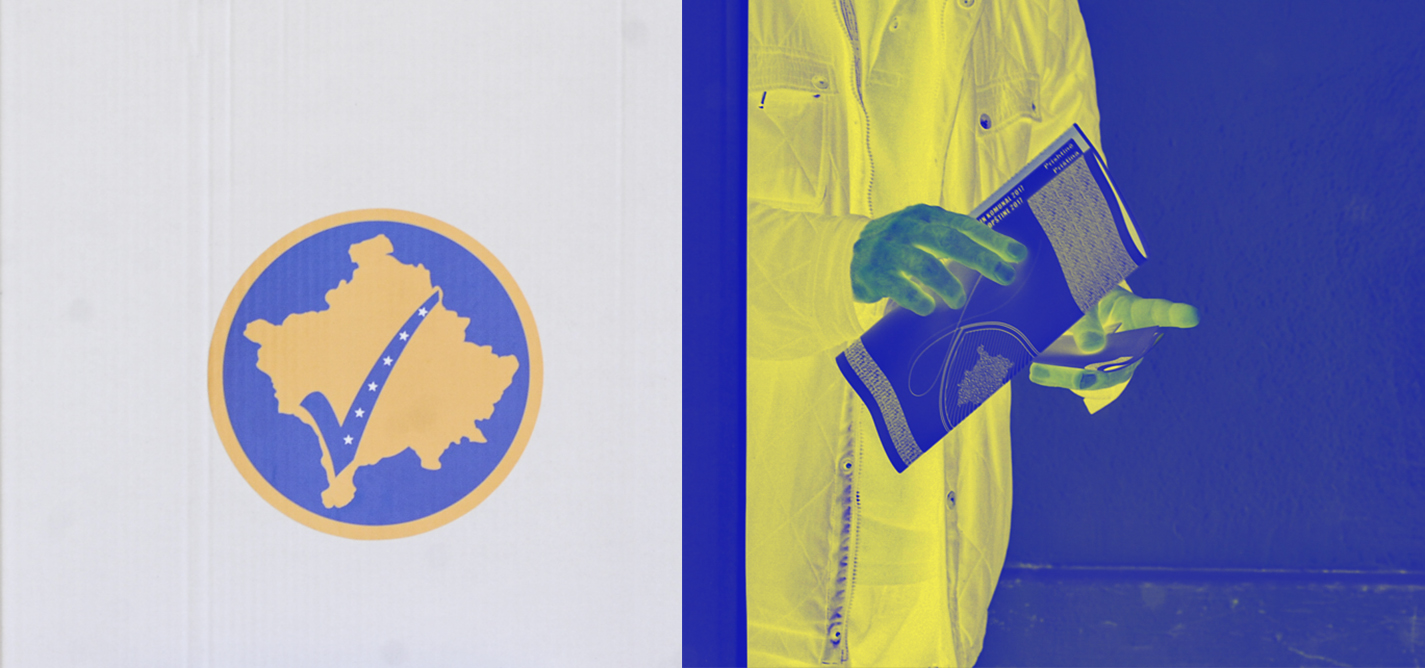
The time has come to implement what we learned from recent elections
Election reforms an inevitable necessity for democratic development.
Through election reforms, political parties attempt to obtain more power than their electorate provides, or to undermine the power of their political opponents.
DISCLAIMERThe views of the writer do not necessarily reflect the views of Kosovo 2.0.
This story was originally written in Albanian.
